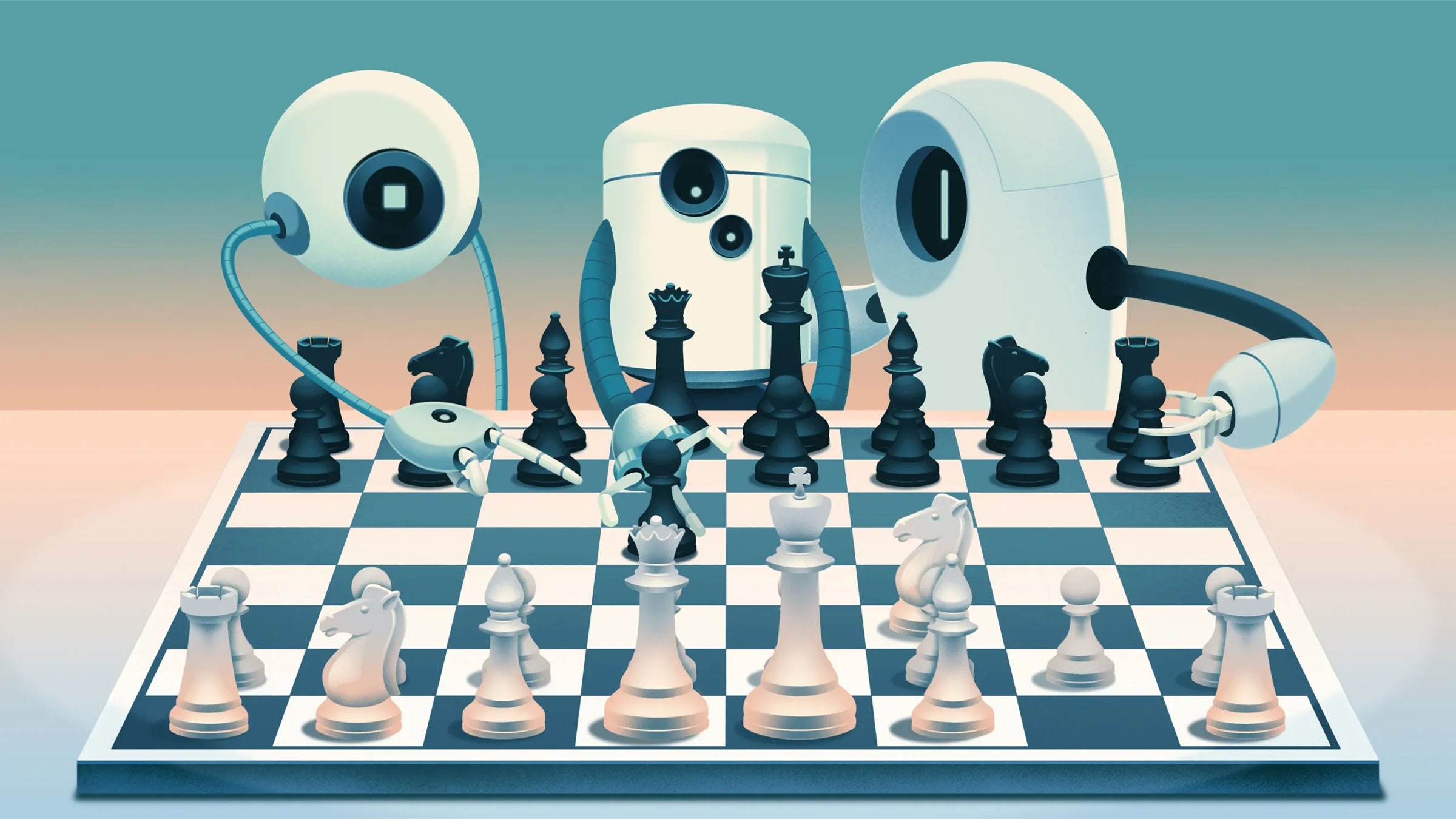Google’s Chess Experiments Reveal How to Boost the Power of AI
Google has recently conducted a series of experiments using chess as a testing ground for artificial intelligence (AI) algorithms. These experiments have revealed key insights into how to enhance the capabilities of AI systems.
One of the main findings from Google’s chess experiments is the importance of reinforcement learning in training AI models. By using reinforcement learning techniques, AI agents were able to improve their chess-playing abilities through trial and error, gradually learning optimal strategies and tactics.
Additionally, Google’s experiments shed light on the significance of self-play in AI development. By pitting AI agents against each other in thousands of simulated games, researchers were able to observe how the algorithms adapted and evolved over time, becoming more proficient at playing chess.
Moreover, Google’s research emphasized the role of neural networks in boosting the power of AI. By leveraging deep learning techniques, AI systems were able to analyze vast amounts of data and extract patterns that are crucial for making informed decisions during a game of chess.
In conclusion, Google’s chess experiments have provided valuable insights into how to enhance the capabilities of AI systems. By leveraging reinforcement learning, self-play, and neural networks, researchers can continue to push the boundaries of artificial intelligence and unlock new possibilities in various domains.
